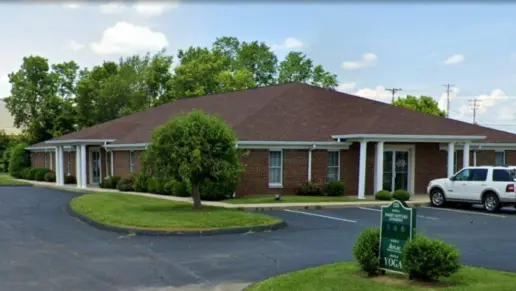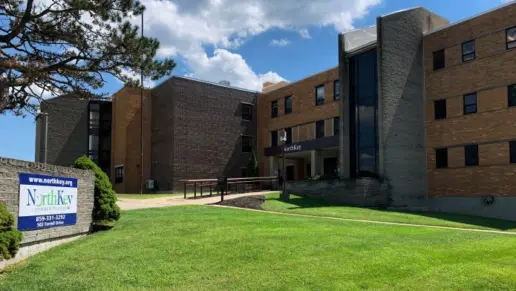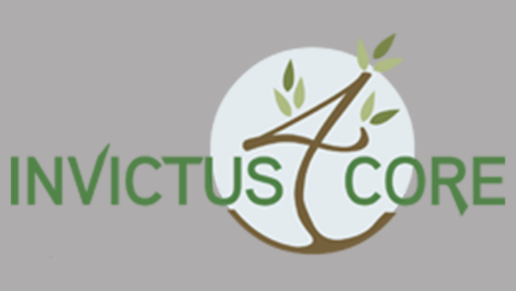About Praxis of Louisville by Landmark Recovery
Praxis By Landmark Recovery is an addiction treatment center in Louisville, Kentucky. They provide inpatient addiction treatment, a partial hospitalization program, an intensive outpatient program, and medical detox. The goal of treatment is to help stabilize you and improve your daily functioning.
Inpatient treatment will help you learn your triggers and create a plan to sustain recovery. Your program will include a combination of individual and group therapy. Approaches used include cognitive behavioral therapy, 12 step meetings, and dialectical behavior therapy. SMART Recovery and Seeking Safety are also used.
The partial hospitalization program runs from Monday through Friday 9:00 am to 2:00 pm. The intensive outpatient program consists of four days of treatment per week for three hours at a time. During these outpatient programs you can expect to participate in individual and group therapy, trauma informed psychoeducation, and SMART recovery groups.
Former clients of Praxis say their treatment was lifesaving and had amazing staff members. Other clients said they felt loved and supported.
Facility Overview
Rehab Score
Gallery
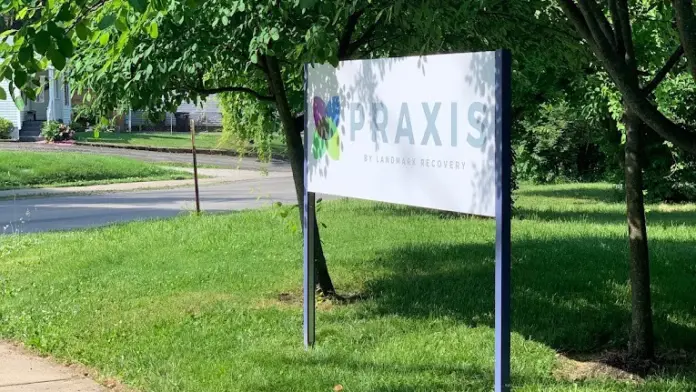
Location
Other Forms of Payment
Self-pay involves paying for treatment out of your own pocket. You can use savings or credit, get a personal loan, or receive help from family and friends to fund your treatment. If you don't have insurance or your insurance plan doesn't cover a specific program, self-pay can help ensure you still get the care you need.
Private insurance refers to any kind of healthcare coverage that isn't from the state or federal government. This includes individual and family plans offered by an employer or purchased from the Insurance Marketplace. Every plan will have different requirements and out of pocket costs so be sure to get the full details before you start treatment.
Medicaid is a state based program that helps lower-income individuals and families pay for healthcare. Medicaid covers addiction treatment so those enrolled can use their coverage to pay for rehab. When a program accepts Medicaid the client often pays very little or nothing out of their own pocket.
Addiction Treatments
Levels of Care
Treatments
Substance rehabs focus on helping individuals recover from substance abuse, including alcohol and drug addiction (both illegal and prescription drugs). They often include the opportunity to engage in both individual as well as group therapy.
Programs


Clinical Services
Group therapy is any therapeutic work that happens in a group (not one-on-one). There are a number of different group therapy modalities, including support groups, experiential therapy, psycho-education, and more. Group therapy involves treatment as well as processing interaction between group members.
In individual therapy, a patient meets one-on-one with a trained psychologist or counselor. Therapy is a pivotal part of effective substance abuse treatment, as it often covers root causes of addiction, including challenges faced by the patient in their social, family, and work/school life.
Recreational therapy (aka therapeutic recreation) uses creative and fun activities to help with addiction recovery. Recreational therapists lead patients in entertaining and engaging activities like sports or games; art (drawing, painting, sculpture); drama, music, and dance; and/or community outings (field trips) to improve patients' physical, social, and emotional well-being.
Cognitive behavioral therapy in Kentucky involves learning to recognize unhealthy thinking patterns and developing problem solving skills to cope with life's challenges. It will help you have greater confidence in your abilities so you can change your patterns of behavior and break free from substance abuse.
Typically, dialectical behavior therapy (DBT) in Kentucky involves four types of therapy sessions. You'll participate in a pre assessment, skills training in groups, individual therapy, and telephone crisis coaching. The goal is to improve your skills for coping with daily emotions and life challenges.
Nutrition therapy is a form of holistic therapy that is often incorporated into drug rehab programs in Kentucky. Eating healthy meals and learning how to choose the best foods for recovery helps you heal faster and helps prevent relapse.
Family therapy provides families with a structured environment to address the complexities of addiction. You work with an experienced therapist to develop effective strategies for supporting your loved one's recovery while focusing on the well being of each member of the family unit.
Amenities
-
Gym
-
Yoga Studio
Staff & Accreditations
Staff
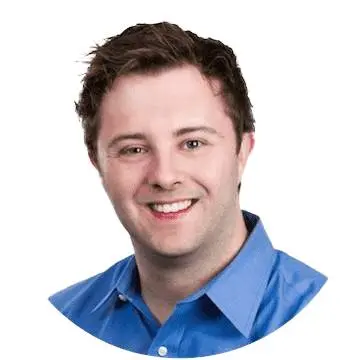
Co-Founder & Chief Executive Officer
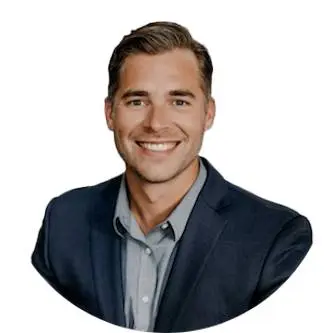
Chief Operating Officer
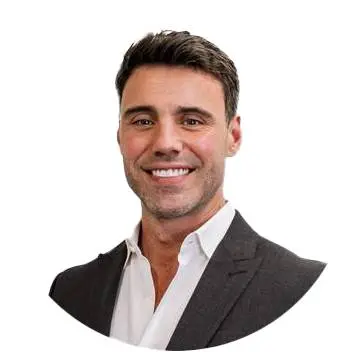
Chief Financial Officer
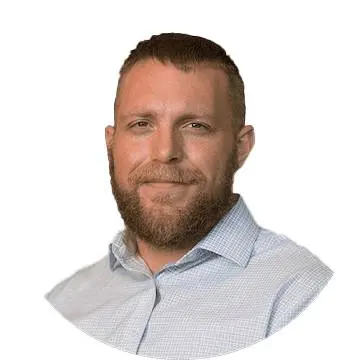
Chief Medical Officer
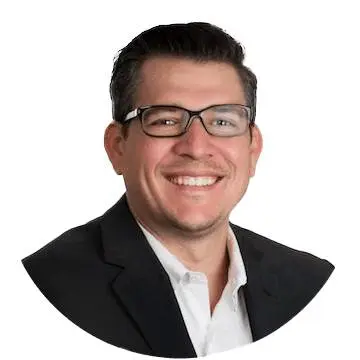
Chief Revenue Officer
Accreditations

LegitScript has reviewed Praxis of Louisville by Landmark Recovery as part of their certification program, and has determined that it meets the LegitScript standards for legality, safety and transparency.
LegitScript verified in November 2021

The Joint Commission, formerly known as JCAHO, is a nonprofit organization that accredits rehab organizations and programs. Founded in 1951, the Joint Commision's mission is to improve the quality of patient care and demonstrating the quality of patient care.
Joint Commission Accreditation: Yes
Contact Information
4418 Malcolm Ave
Louisville, KY 40215
